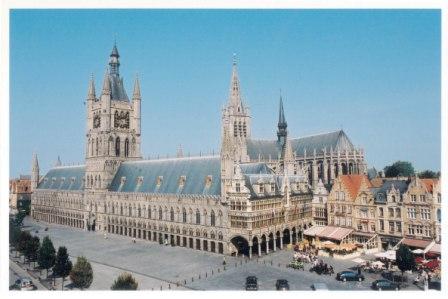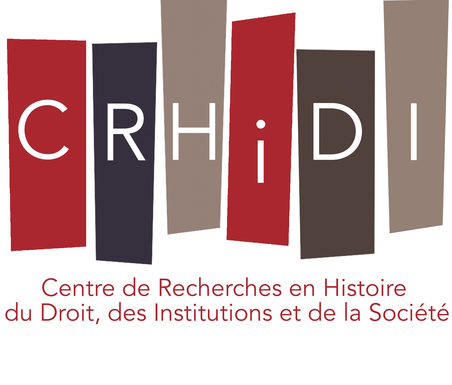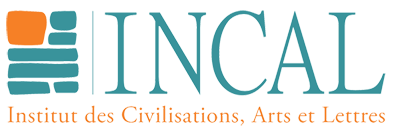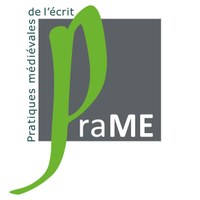International Workshop
Ypres, Sunday 10 September 2017
Pre-conference workshop EURHO Leuven Conference, with the support of FWO Flanders, CORN Comparative Rural History Network & In Flanders Fields Museum
This pre-conference workshop seeks to reassess the concept of ‘proto-industry’ in relation to pre-industrial textile production in the Flemish West-Quarter. Textile production was one of the major industries in many parts of pre-industrial Europe. During the urban take-off of the eleventh and twelfth centuries, large-scale textile production had come to be concentrated in towns, but from the thirteenth century onwards, the countryside increasingly became the venue for textile manufacture. In the county of Flanders, many urban industries were struggling to compete with their rural counterparts, and only a few cities were able to maintain a successful cloth industry. Indeed, between the thirteenth and nineteenth centuries, market-oriented textile production became the main industrial activity in the countryside in many places in Europe. While in some rural regions textile manufacture clearly remained a form of by-employment closely linked to the seasonal cycle of agricultural labour, others saw a real specialization in textile production. Based on this process, Franklin Mendels coined the term ‘proto-industrialization’, the fast growth and specialization of traditional industry, which he considered a phase that preceded and facilitated the factory industrialization of the late eighteenth- and nineteenth centuries. Mendels’s original study has since been heavily debated, but proto-industrialization as a concept has remained prominent in historiography of the pre-industrial economy.
Yet in the southwestern part of the county Flanders, the so-called West-Quarter, the late medieval industrial development of the countryside did not really conform to a pattern of proto-industrial by-employment. It was not characterized by the production of lower-quality fabrics by peasants pursuing strategies to generate additional income. In fact, between the late-fifteenth and early seventeenth century, it was the burgeoning town Hondschoote that grew into the most important Flemish production center of light drapery, leaving rural producers by the wayside. At the same time, some villages in the castellany Bailleul, particularly Nieuwkerke, became leading producers of medium-quality woollen cloth. Meanwhile, Ypres, the largest city in the region, for all its complaints about rural competition, remained one of the few Flemish towns with an economically viable industry of luxury woollens. This begs the question: what happened here, and how does the economic development of this region, both rural and urban, fit within the wider framework of European proto-industry? These issues will be addressed in the course of this workshop.
This workshop forms a prelude to the panel Beyond proto-industry: rural textile industries throughout pre-industrial Europe at the Rural History Conference 2017 (Louvain, 11-14 September 2017), which will offer a European-wide perspective on some of the same topics discussed here. The event will take place in the Lakenhalle, the medieval cloth hall, of Ypres. It consists of a number of lectures about textile industries of the Flemish West-Quarter, followed by a Round Table discussion with a panel of international experts on the history of textiles and rural history more generally. The workshop will conclude with a trip to some of the pre-industrial textile villages in the vicinity of Ypres.

Programme :
Sunday 10 September 2017
Ypres Lakenhalle
10:00-11:30 Variations of Flemish Textile Production
Part A: Rural Textiles
Tim Soens: The Flemish Agro-Systems and their potential as labour pool for textile industries.
Jim van der Meulen: The Nieuwkerke Drapery: between collective action and entrepreneurship
Eline Van Onacker and Maïka De Keyzer : Peasants without proto-industry? Wool and textiles in the Campine area.
Part B: Urban Textiles
Peter Stabel: Oudenaarde tapestries between town and countryside: Pirenne revisited, Pirenne restored
Wout Saelens: The Urban Textile Guilds: the corporative model and its problems.
11: 30: Coffee break
11:45: Round Table: explaining regional variations in the social organization and resilience of pre-industrial textile production.
Confirmed Participants: Ulrich Pfister; Erik Thoen; Thijs Lambrecht; Jan Dumolyn; Bruno Blondé; Reinoud Vermoesen; Paul Trio; Dominiek Dendooven.
12:30: Lunch
14: 00: Visit to Nieuwkerke and the textile producing villages of the Flemish West-Country.
17: 00: Departure for Leuven
19: 00: Arrival in Leuven.
Source : Vlaamse Werkgroep Mediëvistiek







Vous devez être connecté pour poster un commentaire.